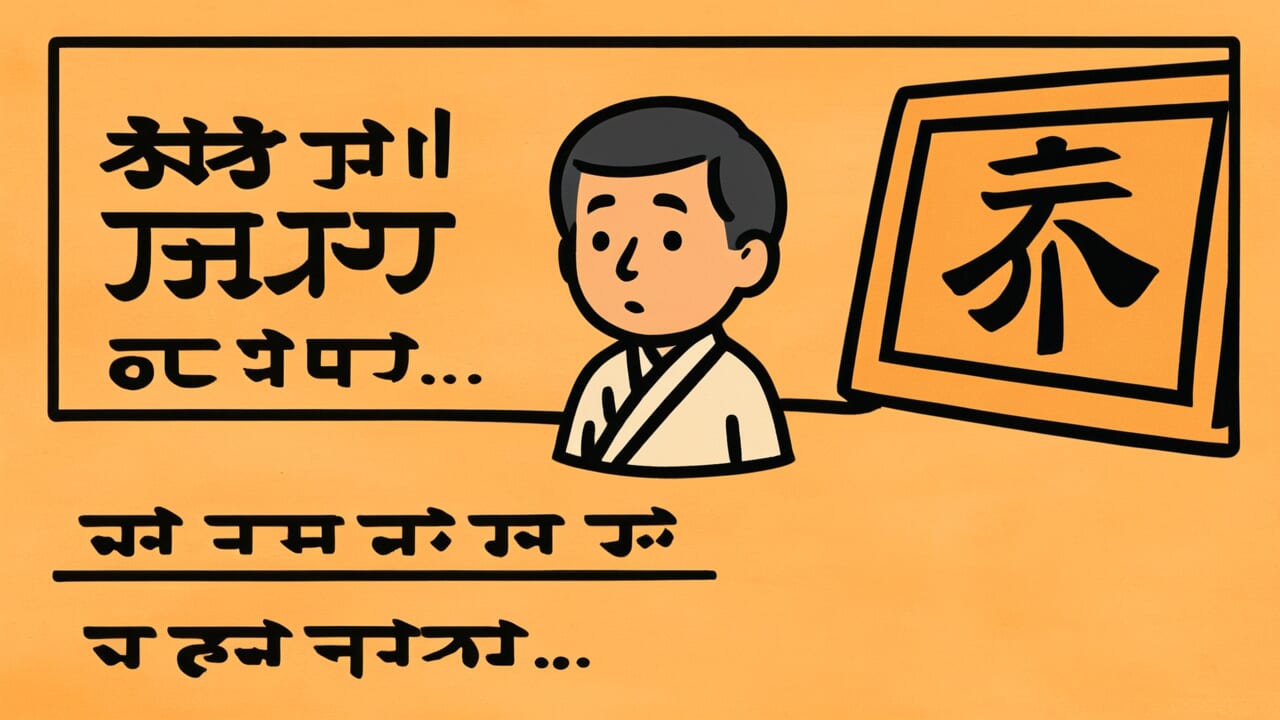Cultural Context
In Indian philosophy, truth holds a sacred position across all traditions. Fire symbolizes purification and testing in Hindu rituals and ceremonies.
When something survives fire, it proves its genuine nature and strength.
This proverb reflects the Indian value of satya, or truthfulness. Satya is considered one of the highest virtues in daily life.
Parents teach children that honest actions withstand any challenge or scrutiny.
The imagery connects to ancient practices of testing gold in fire. Pure gold emerges unchanged, while impure metal reveals its flaws. This metaphor became a way to discuss integrity and honesty.
Elders use this saying when encouraging younger people to stay truthful. The proverb appears in family discussions, moral teachings, and everyday conversations.
Meaning of “Truth doesn’t get burned by fire.”
This proverb means truth remains unharmed even under the harshest tests. Like gold that stays pure through flames, honesty survives all challenges.
The core message is that genuine truth cannot be destroyed.
In practical life, this applies to many situations with concrete examples. A student accused of cheating can prove innocence through honest records.
A business facing false rumors survives when customers verify good practices. A person wrongly blamed at work clears their name with facts.
The truth eventually emerges regardless of initial doubts or attacks.
The proverb suggests patience when truth faces temporary challenges or questions. It reminds us that honest actions create their own evidence.
However, this doesn’t mean truth automatically reveals itself without any effort. Sometimes people must actively present facts and maintain their honest position.
The saying works best when someone can demonstrate their truthfulness clearly.
Origin and Etymology
It is believed this proverb emerged from ancient Indian wisdom traditions. The metaphor of fire testing purity appears in old Sanskrit texts.
Indian society valued truth as a foundation for social harmony and trust.
Oral tradition carried this saying through generations in Hindi-speaking regions. Parents shared it with children during moral education at home.
Teachers used it in schools to emphasize honest behavior and character. The proverb spread through folk tales and community gatherings across India.
The saying endures because its imagery is simple yet powerful. Everyone understands fire’s ability to test and reveal true nature.
The metaphor works across different situations in modern and traditional contexts. Its message about integrity remains relevant as societies still value honesty.
The proverb’s brevity makes it easy to remember and share. People find comfort in the idea that truth ultimately prevails.
Usage Examples
- Friend to Friend: “They tried to cover up the scandal with lies, but evidence emerged – Truth doesn’t get burned by fire.”
- Lawyer to Client: “Don’t worry about their false accusations; the facts will prove your innocence – Truth doesn’t get burned by fire.”
Lessons for Today
This wisdom matters today because honesty often faces immediate challenges or doubt. In our fast-paced world, false information can spread quickly through media.
The proverb reminds us that genuine truth withstands scrutiny over time.
People can apply this in daily situations with practical approaches. When facing false accusations at work, gathering clear evidence proves helpful.
In personal relationships, consistent honest behavior builds trust that survives misunderstandings. Students learning complex subjects find that genuine understanding lasts beyond memorization.
The key is maintaining truthful actions while allowing time for verification.
The wisdom applies best when someone can actively demonstrate their honesty. It’s less helpful if truth remains hidden without any supporting evidence.
People often find that combining patience with clear communication works well. Truth needs both time to emerge and effort to present clearly.



Comments